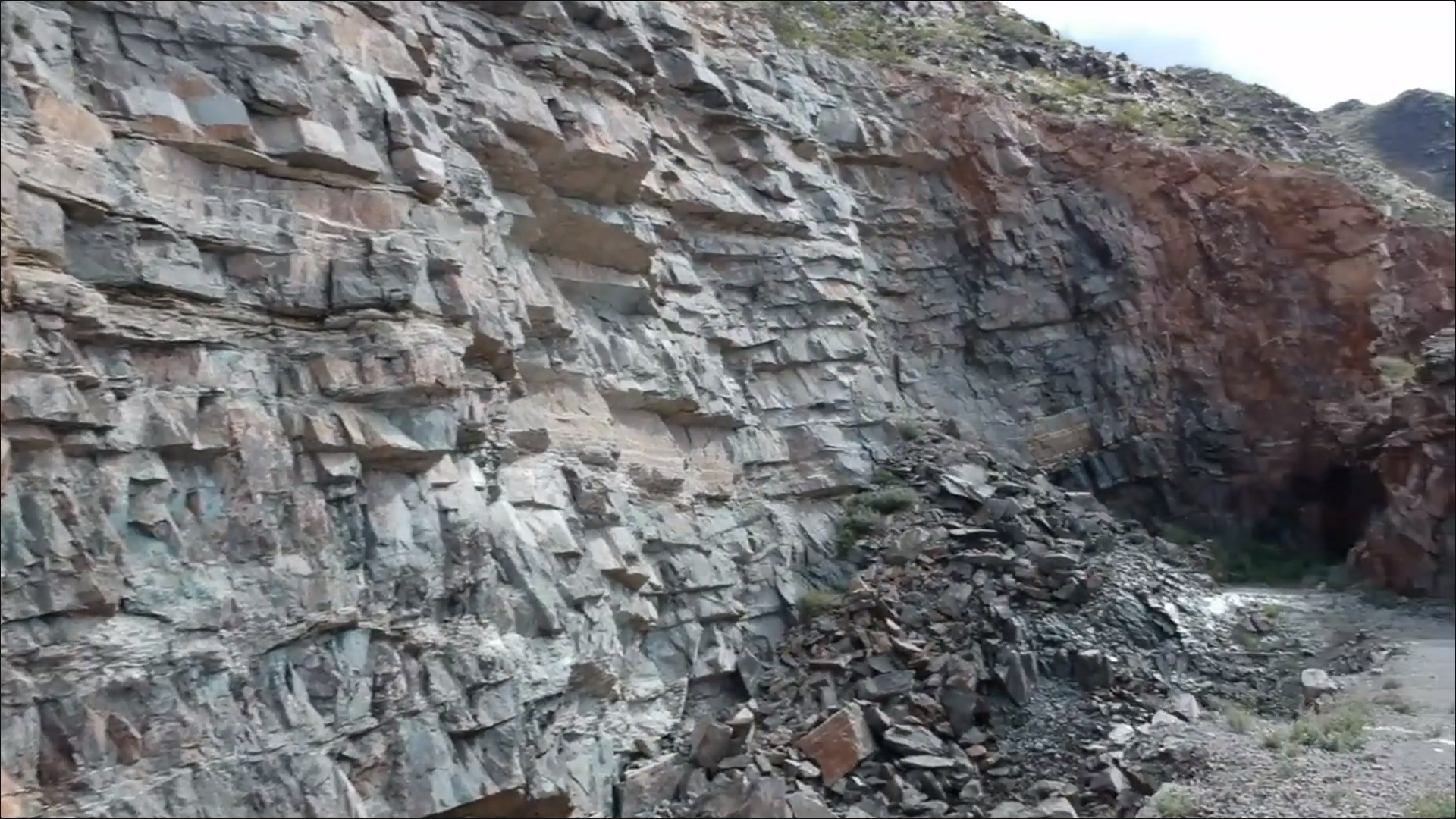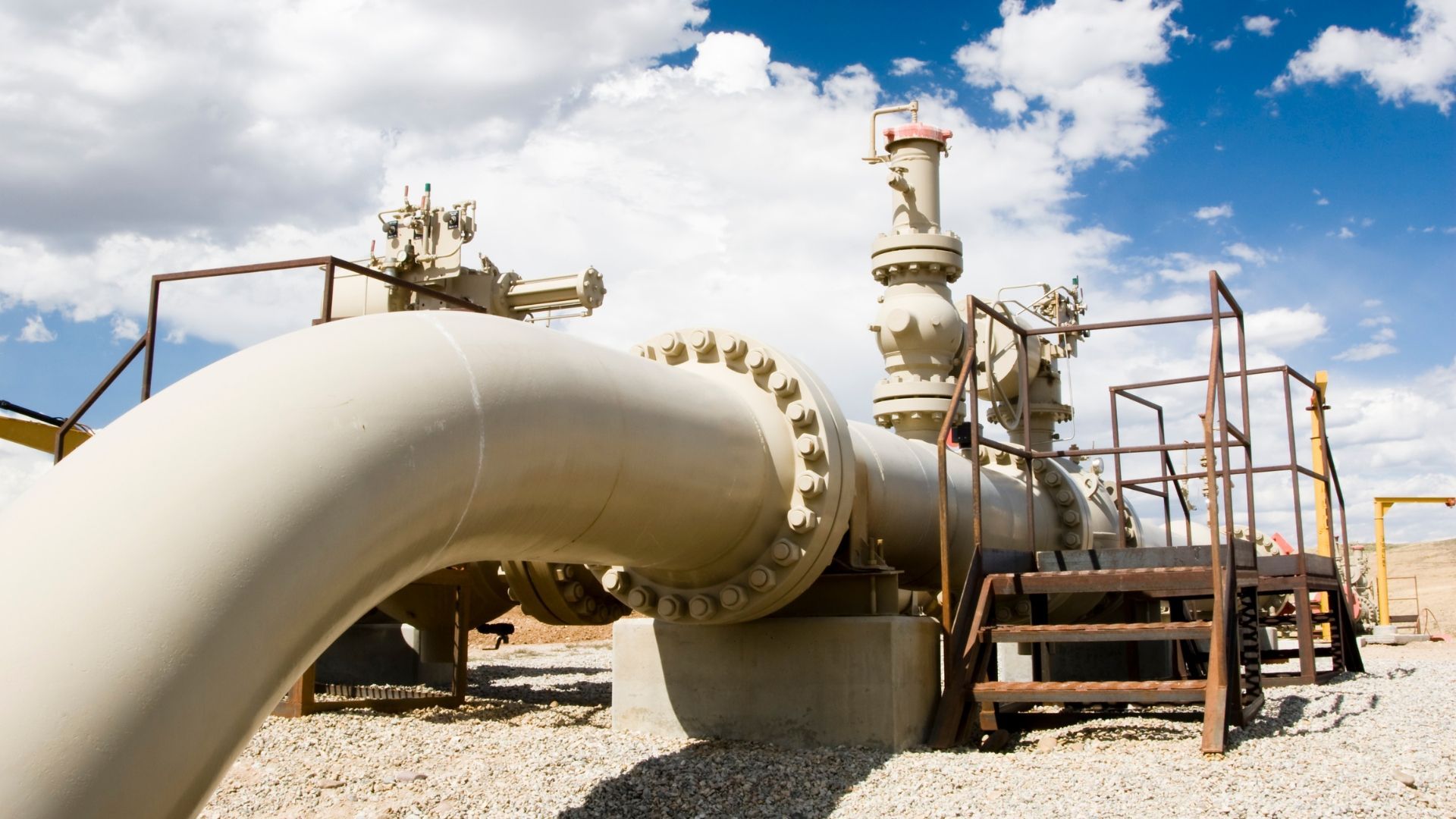By Rosie Bradbury | August 29, 2023
Mining is a quintessential legacy industry, controlled by a small cohort of entrenched, highly emitting companies like Rio Tinto and BHP. Fledgling companies have struggled to overcome the high costs required to disrupt traditional extractive technologies.
It's no wonder that venture investors have historically steered clear of the industry.
But, enticed by new innovations, VCs are recognizing the widely acknowledged need for more critical minerals to power the energy transition, from the lithium in electric vehicle batteries to the copper needed to upgrade the electric grid.
The International Energy Agency estimates that the global economy will require six times more mineral inputs in 2040 than today in order to reach the global goal of net zero by 2050.
Earlier this month, TechMet, an investment vehicle for lithium, nickel and other rare metals, raised $200 million in fresh equity from investors including S2G Ventures and Lansdowne Partners, nearly bringing it to unicorn status.
Bill Gates' Breakthrough Energy Ventures has backed KoBold Metals, which uses machine learning to more efficiently identify deposits of rare-earth metals. KoBold raised $195 million in June at a $1 billion valuation.
VC investment in mining is still in its early innings. Buzz among VC partners still far outpaces checks being signed, according to Aidan Madigan-Curtis, partner at Eclipse Ventures.
Dealmaking in 2023 is exceeding last year—a significant indicator given the cooled fundraising environment. So far this year, mining companies have brought in more than $550 million in VC funding, compared to the $508 million that the industry raised in the first three quarters of last year.
Limiting environmental costs
The mining industry has a notoriously poor track record for environmental damage, and investors need to be cognizant of the risks involved in critical minerals mining, said Caroline Avan, a researcher at the Business & Human Rights Resource Centre, a nonprofit that tracks the impact of critical minerals mining. The center has recorded 21 allegations of human rights abuses by lithium mining companies.
Scenarios which predict exploding demand for critical minerals "can be self-fulfilling prophecies," Avan said, so investors should also source solutions that reduce demand, as well as ones that extend supply through further extraction.
For example, battery recycling specialist Redwood Materials is one of the most well-funded climate-tech startups on the private market. On Tuesday, it closed an equity round of over $1 billion led by Goldman Sachs Asset Management, Capricorn's Technology Impact Fund, and funds and accounts advised by T. Rowe Price.
"The question is not how do we reshore in a copy-and-paste way but how do we [do so] in the US in a way that works for our regulatory environment, for health and human safety," said Madigan-Curtis. Regulation around critical minerals mining still has some catching up to do to rapidly scaling startups, so investors should still be prepared for changes to the regulatory landscape.
Securing resources
The other piece of the puzzle, which is elevating the VC hype, is that critical minerals mining is now more widely recognized as a national security issue.
China dominates the supply chain for lithium, and nations increasingly view access to critical minerals as a top national security priority. Last year, the US government's development bank invested $30 million in TechMet and expects to invest a further $80 million this year.
Aether, a startup developing technology that requires less extractive techniques for mining lithium on US soil, recently announced a $49 million Series A led by Natural Capital and Unless.
"The critical minerals are all about bifurcation with China," said Katie Rae, managing partner at The Engine, a venture firm launched from MIT that invests in early-stage startups. "There's vulnerability if you don't control the supply chain, period, end of story. That's why it is a big deal," Rae added.
© 2023 PitchBook







